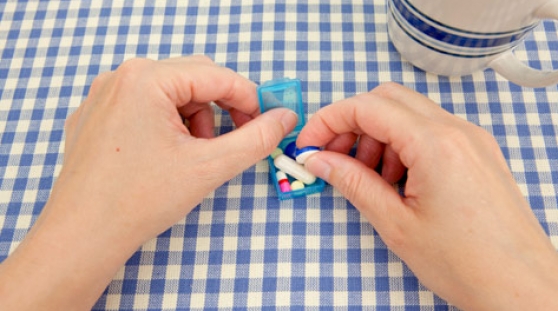Prenatal Care Health Center
Table of Contents

There are many proactive steps you can take to maintain a healthy pregnancy for you and your baby. It takes commitment but can be done with the proper amount of caution, care and diligence.
Get early and regular prenatal care. Whether it is your first pregnancy or your third, health care for yourself and your developing baby is incredibly essential. Your doctor will check to make sure you and your baby are healthy at each visit. Therefore, if any unforeseen problems or complications arise, your doctor can take early action to help you both.
Most experts suggest you see your doctor about once each month for weeks 4-28, twice a month for weeks 28-36 and weekly from week 36 through the birth. If you are older than 35 years, or your pregnancy is high-risk, you'll probably see your doctor more often based on his or her recommendation.
Ask your doctor about taking a multivitamin or prenatal vitamin with 400-800 micrograms of folic acid every day. Folic acid is most important in the early stages of pregnancy, but it can help to take it throughout the entirety of your pregnancy.
Ask your doctor before stopping or starting any medication. Avoid x-rays. If you must have dental work or diagnostic tests, tell your dentist or doctor first that you are pregnant to ensure extra care and precaution is taken.
Talk to your doctor about getting a flu shot, as pregnant women are prone to getting very ill from the flu and may even need hospital care.
Eat a wide variety of healthy foods. Choose fruits, vegetables, whole grains, calcium-rich foods and foods low in saturated fats. Also drink plenty of water throughout the day in order to stay hydrated.
Make sure you're getting all the nutrients you need every day, including iron, which helps to prevent anemia (a condition linked to preterm birth and low birth weight).
Protect yourself and your baby from food-borne illnesses such as toxoplasmosis and listeria by washing all fruits and vegetables before eating. Don't eat undercooked or uncooked meat or fish, and always handle, clean, cook, eat and store foods properly and with care.
Don't eat fish with high amounts of mercury such as swordfish, king mackerel, shark and tilefish. Make sure to gain a healthy amount of weight, as it is necessary for you and your baby. Your doctor can guide you on how much weight to gain and what you should aim for during the pregnancy. Don't smoke, drink alcohol or use drugs. Unless your doctor tells you specifically not to, try to get at least 2 hours and 30 minutes of moderate-intensity aerobic activity a week. Spread out these workouts throughout the week evenly.
Don't take very hot baths, use hot tubs or use saunas. Get plenty of sleep and talk to your doctor about ways to avoid and eliminate stress. Get informed and involved in your pregnancy — read books, watch videos, go to a childbirth class and talk with moms you know. Ask your doctor about childbirth education classes in your area. These classes may help you prepare for the birth of your child.
Stay away from any type of dangerous chemicals, including insecticides, solvents (like cleaners and paint thinners), lead, mercury and paint (and paint fumes).
Not all chemically based products have pregnancy warnings clearly displayed. Talk to your doctor if you are worried that chemicals used at home or in the workplace may be dangerous.
If you have a cat, ask your doctor about the risks of toxoplasmosis. This infection can be caused by a parasite found in cat feces. If not treated, it may cause birth defects. Reduce risks by avoiding cat litter and wearing gloves while gardening. Avoid all contact with rodents, and take steps like washing your hands often to avoid illness. Stay away from those who smoke.
